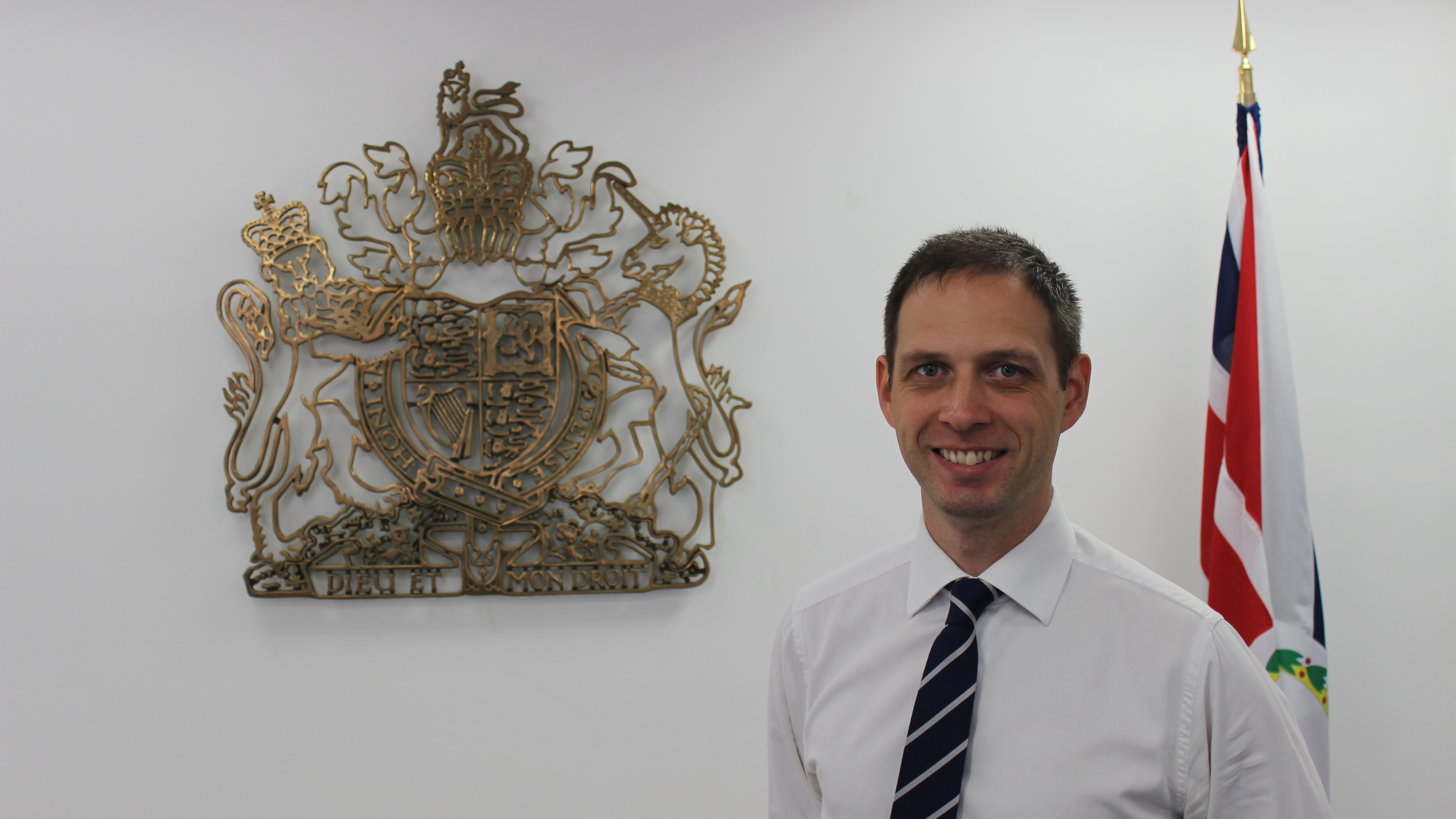Interview with HM Ambassador to Panama, Dr. Ian Collard
The UK's Ambassador to Panama highlights the best investment and trade opportunities for UK firms...

How has the embassy been encouraging British business and investment in Panama?
Ambassador Collard: What we have done as an embassy is focus the trade agenda on specific campaigns. So we looked at the potential opportunities and identified those that were the best match with what the UK can offer and where we can deliver. Ultimately we settled on three main areas: education, infrastructure and energy.
What can we expect with infrastructure?
Ambassador Collard: In December 2014 we launched our infrastructure campaign and it has taken two years of continuous work around that campaign to build up a portfolio of UK companies coming into Panama to look at the sector. Traditionally UK firms were nervous about the possibility of corruption in Panamanian public infrastructure works but the administration of President Varela has made a huge effort to clean things up. We have seen prosecutions of high-level public and private-sector figures involved in corruption while there has also been a drive to make government procurement processes more transparent. Coupled with efforts in the financial sector, where the government has worked with the Financial Action Task Force (FATF), there has been a significant improvement in the business environment. As a result of that improvement, and our own efforts, we have seen a lot of interest from UK companies.
It also helps that there are great infrastructure projects happening in Panama. The second line of the metro is under construction, a third is being discussed, a new bridge will be built across the canal and there is a programme to improve living standards in remote communities. We had a UK company take part in the bid for Metro Line 2 – they didn’t win but their interest has not been dented. There is also a lot of interest in the water space, as Panama is looking to improve sewage and potable water systems as part of its drive to improve living standards. We are bringing out a delegation of British companies to look at opportunities in the water space
Where are the opportunities in education?
Ambassador Collard: The British style of education is very much in demand here. From students wanting to learn English, to private schools modelled on the British system to the type of vocational courses that we excel at. The government is also leading the push on two of these fronts. They want every Panamanian child to be bi-lingual within a generation and have started sending Panamanian teachers to UK universities to improve their level of English. Also the government is keen to improve the vocational skills training available to Panamanians as there is currently a shortage of skilled local workers in key areas. They have chosen the UK as their partner of choice in this effort, so there are lots of opportunities for British firms. UK consultants played a key role in creating a roadmap for Panama's vocational training programme but over the next few years this will have to be refined and implemented – so there is a lot to play for.
"hopefully these students, which are the ‘brightest and the best’, will bolster links between Panama and the UK in the future…"
The British government has done its utmost to work with the Panamanian government on education. For example, in my first year here as Ambassador, the Chevening programme, which grants a fully expensed scholarship for masters students to study in the UK, sent one Panamanian to Britain. This year we sent 12 and next year we hope to send 18. This type of cooperation on our part shows our commitment to working with Panama and is also a great soft diplomacy tool as hopefully these students, which are the ‘brightest and the best’, will bolster links between Panama and the UK in the future.
Ambassador Collard: We have been working hard on this sector and brought over a trade mission in the March of last year. It is a key area for Panama because there are problems with the local supply. So we have seen interest in the renewable area, where British company Solar Century has already delivered Panama’s largest solar plant. UK firms are also investigating wind plants in Panama. Another exciting area is LNG. This is for the local market, where an LNG-fuelled power plant is being planned, but it also has wider, international implications. The expansion of the Canal means that LNG ships can pass through from the US on their way to Asia. That opens up the possibility of Panama becoming a regional hub for LNG. That is interesting for UK firms like Shell that have major gas producing assets nearby in the Gulf of Mexico. Looking further ahead it seems likely that more ships will be powered by LNG in the future, if that happens then Panama is ideally located to become an LNG ‘gas station’ of the high seas. So there are some exciting opportunities that fit very well with what the UK can offer. We are also looking at the use of energy within Panama. It ties in with smart cities, waste management and urban planning. British consultants and planners have the solutions that can help Panama better manage the rapid growth it is experiencing.